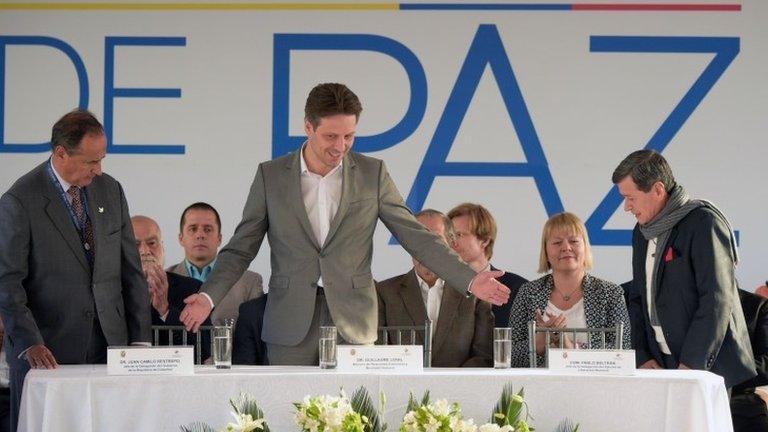Colombia's ELN rebels admit killing indigenous leader
- Published
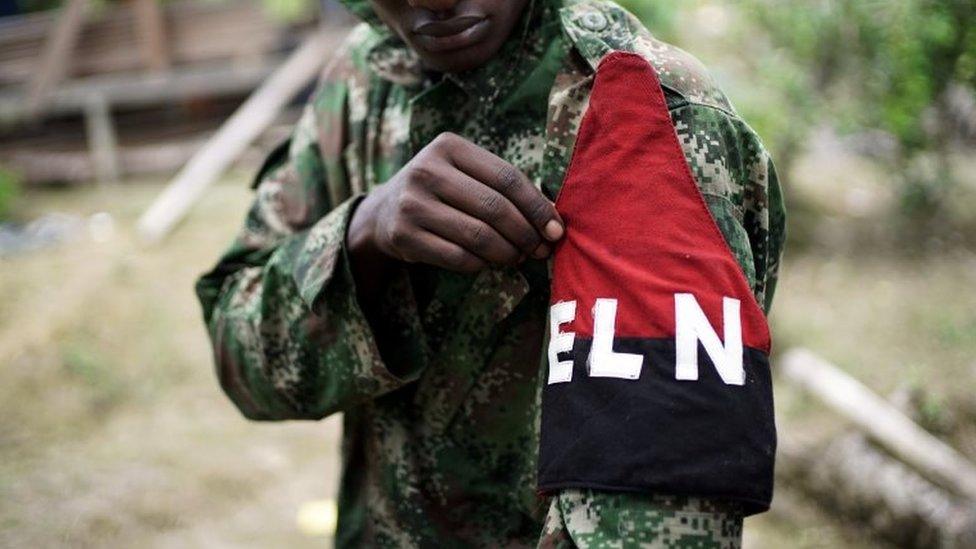
The ELN rebel group said that its members were responsible for the death of Aulio Isarama Forastero
A Marxist rebel group in Colombia says its members killed an indigenous leader in the north of the country last week.
The man's death came less than a month after National Liberation Army (ELN) rebels declared a ceasefire as part of peace talks.
The ELN said that the killing had not been ordered but was in "self-defence".
The rebels said that they had seized Mr Isarama "to question him" about his alleged links to military intelligence services.
While he was being taken to an interrogation site, Mr Isarama tackled one of the guerrilla fighters, the ELN alleged, "leading to the tragic outcome".

Who are the ELN rebels?

The group has been fighting the Colombian state for more than five decades
The guerrilla group was founded in 1964 to fight against Colombia's unequal distribution of land and riches, inspired by the Cuban revolution of 1959
Over the decades, the group has attacked large landholders and multinational companies, and repeatedly blown up oil pipelines
To finance itself it has resorted to extortion, kidnappings and drug trafficking
It has been strongest in rural areas

The ELN leadership said that it had neither ordered nor given authorisation for the killing of Mr Isarama.
It also said that it remained committed to the ceasefire which came into force on 1 October.
But Juan Camilo Restrepo, the chief government negotiator at peace talks with the ELN, called the killing "deplorable".
Mr Restrepo wrote on Twitter that it would be up to those monitoring the ceasefire to take a stand on the matter, as well as the judiciary, as the killing was "a terrible crime".
Allow X content?
This article contains content provided by X. We ask for your permission before anything is loaded, as they may be using cookies and other technologies. You may want to read X’s cookie policy, external and privacy policy, external before accepting. To view this content choose ‘accept and continue’.
On Friday, Colombian President Juan Manuel Santos said that if it was proven that the ELN was behind the death, it would constitute a breach of the ceasefire.
The group released its statement saying it was responsible on Sunday.
Indigenous groups from northern Chocó province had said from the beginning that the rebel group was responsible for Mr Isarama's killing.
They said five armed men in ELN uniforms led Mr Isarama away and that they heard shots two hours later.
They also said that the rebel group continued to lay mines in their areas and threaten their communities.
Peace negotiations between the ELN and the government started in February. The bilateral ceasefire was seen as the biggest achievement of the talks so far.
- Published1 October 2017
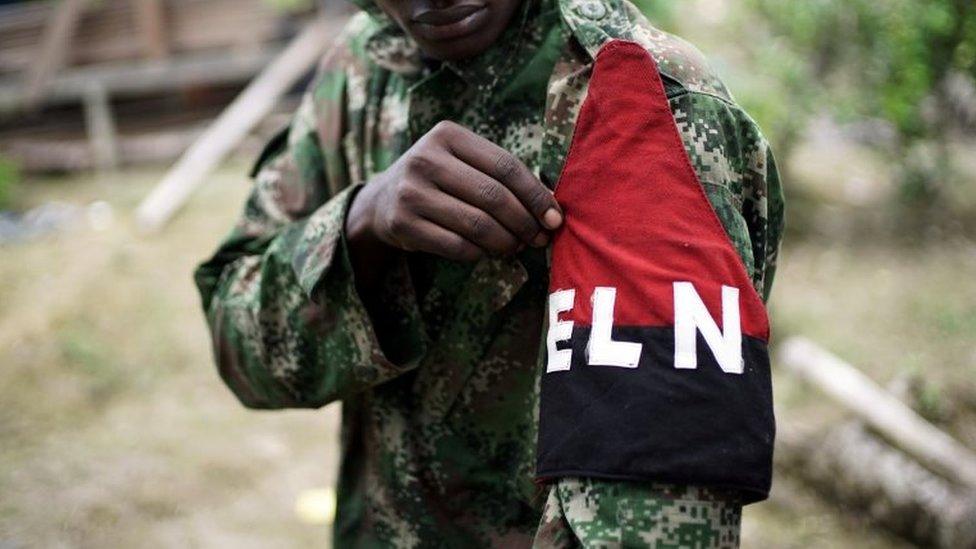
- Published4 September 2017
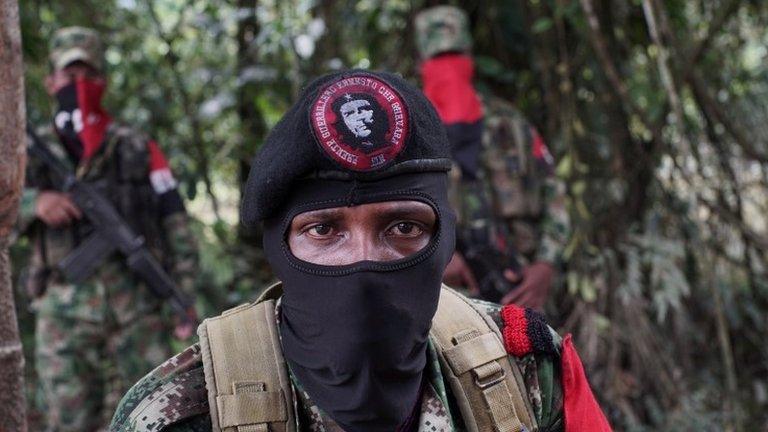
- Published3 September 2017
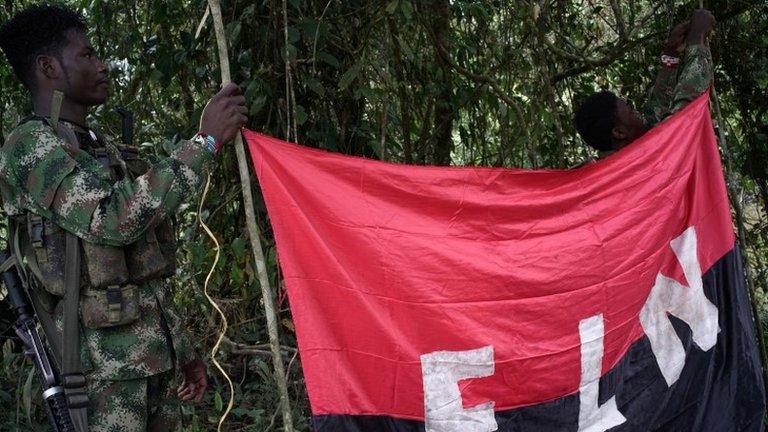
- Published8 February 2017
